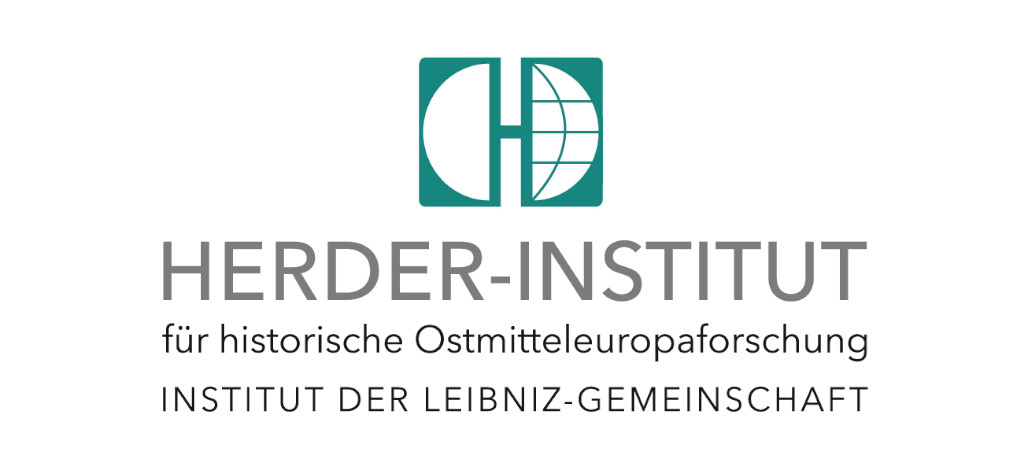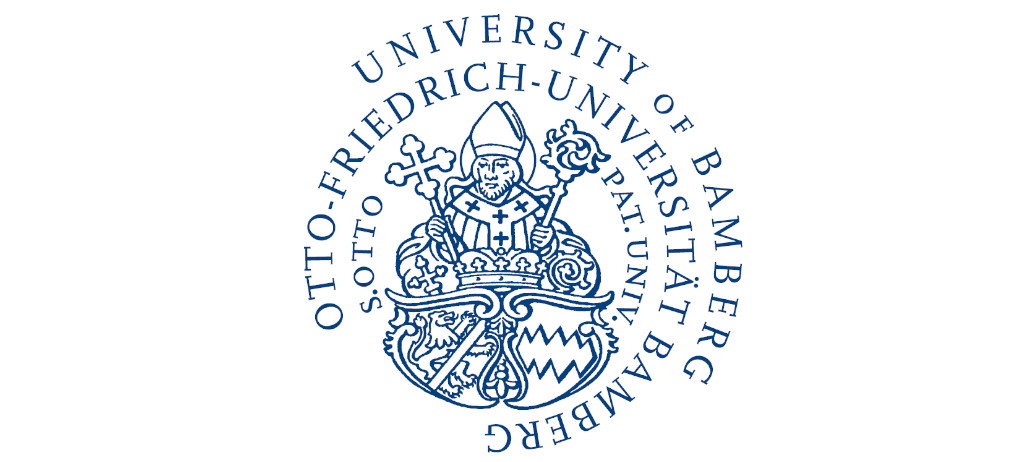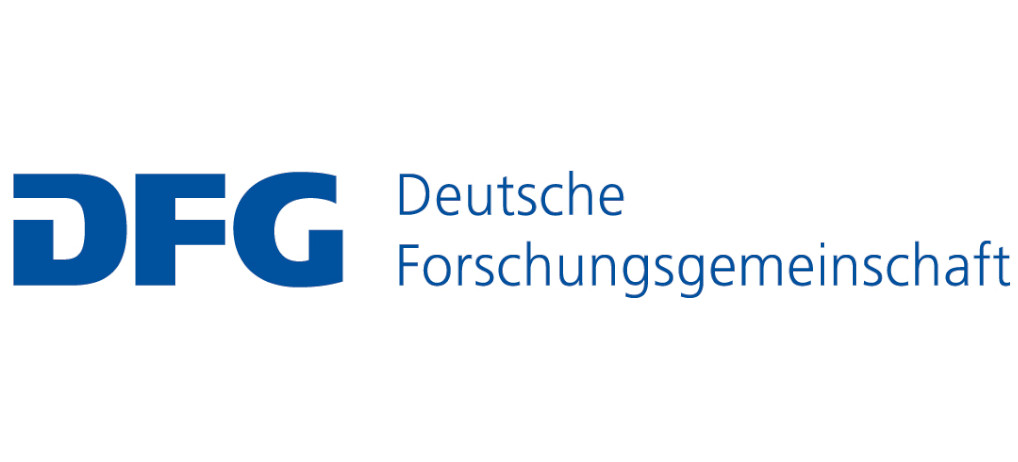Main Content
Subproject C02
Security, police and urban space. Security heuristics and repertoires using the example of Frankfurt/Main and Munich
3. Funding period (2022-2025)
The subproject analyzes the prevailing perceptions and ideas of security among the police and the accompanying police security practices in the Weimar Republic and the Federal Republic of Germany in the 1960s and 1970s. The study focuses on the cities of Frankfurt a. M. and Munich. As political or economic centers, administrative and university cities, their importance extended far beyond the regions. In both cities, the police functioned as a decisive security actor and often faced similar challenges, but did not always act in the same way.
The subproject's research is devoted to spatiotemporally defined situations in which security problems were articulated. Examples of such security problems are increased traffic, demonstrations, revolution, terrorism or political violence. These generated considerable pressure to act on the part of political and police security actors, which resulted in new security heuristics. These, in turn, gave rise to new practices. Subproject C02 thus focuses on two essential aspects of "internal security": (1) the identification and marking of security-relevant situations by the police and (2) the options for action with which the perceived security problems were to be dealt with. This includes not only everyday routine police situations such as traffic controls, but also changes in the way political protest is dealt with or the investigation or prevention of non-politically motivated crime.
Two central questions addressed by the subproject's research are (1) which competencies were attributed to the police as a security actor in urban space by politics, society and by the police themselves, and (2) how they acted in the field of action labeled as "security".
Inhalt ausklappen Inhalt einklappen Members
Subproject Head
Prof. Dr. Sabine Mecking
Research Assistant
Dr. Martin Göllnitz
Student Assistants
Polly Wagner
Paul Wohner



